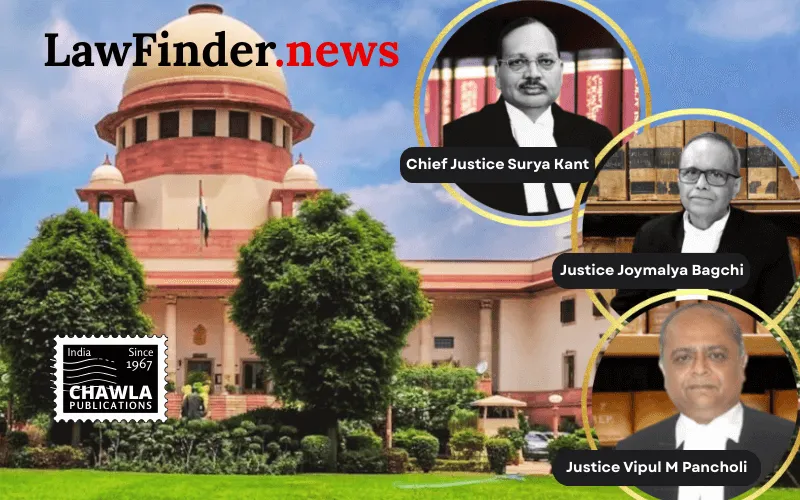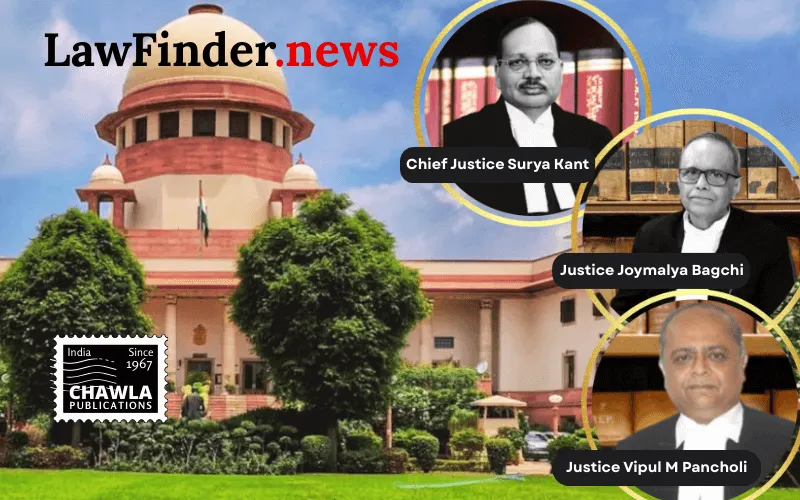Landmark Judgment Emphasizes Inclusion of Eminent Players, Transparency, and Compliance with National Sports Code; Sets Guidelines for Elections and Administration to Propel Indian Football Forward
In a landmark judgment delivered on September 19, 2025, the Supreme Court of India finalized and approved the new Constitution of the All India Football Federation (AIFF), setting a transformative course for the governance and administration of football in India. The decision culminates years of judicial oversight and reformative efforts aimed at enhancing professionalism, transparency, and inclusivity in the sport's apex body.
The judgment arose from a protracted legal battle initiated by Mr. Rahul Mehra, who challenged the AIFF’s election processes and governance, citing violations of the National Sports Development Code of India, 2011 (NSC 2011). The Delhi High Court had earlier invalidated AIFF’s 2016 election results and appointed a Committee of Administrators (CoA) to draft a new constitution aligned with the NSC 2011 and FIFA statutes.
A significant highlight of the Court’s ruling is the endorsement of the inclusion of "Eminent Players" with voting rights in the AIFF’s General Body, a move that recognizes the importance of experienced former players in football administration. The Court settled on a threshold requiring retired players to have represented India in a minimum of five international matches for men and two for women, thereby broadening the pool of qualified candidates without compromising standards.
The Court also addressed several pivotal issues:
- It upheld a broader definition of "office-bearers" to include President, Treasurer, Secretary, two Vice Presidents (including one woman), and ten members of the Executive Committee, ensuring adequate representation and effective administration.
- Disqualification clauses were refined to disallow persons convicted and sentenced to imprisonment of two years or more from holding office, aligning with precedents from election law and prior Supreme Court rulings on sports governance.
- Public servants are only disqualified if they are ministers or government servants, with provisions allowing government employees to contest elections upon obtaining necessary approvals.
- The AIFF Constitution’s applicability extends to State Associations and local bodies, compelling them to align their constitutions and governance with the AIFF framework to prevent circumvention of good governance measures.
- The Court rejected attempts to dilute the AIFF's control over essential functions and commercial rights, clarifying that while partnerships with private entities like Football Sports Development Limited (FSDL) are permissible, the federation must retain ultimate accountability and oversight.
- It affirmed the principle of promotion and relegation in Indian football leagues, a key competitive and developmental mechanism consistent with FIFA statutes and international best practices.
- Amendments to the AIFF Constitution will require prior approval from the Supreme Court, ensuring judicial oversight over significant governance changes and safeguarding against arbitrary amendments.
The Court also mandated revisions to clarify candidate eligibility, including a minimum age of 25 years and residency requirements, and introduced procedural safeguards concerning suspensions, resignations, and election processes. It reinstated provisions allowing candidates to nominate agents during elections and refined the composition requirements for disciplinary and appeal committees to include legal professionals appropriately.
The judgment concluded with a directive for AIFF to convene a Special General Body Meeting within four weeks to adopt the approved Constitution formally. The Supreme Court expressed optimism that the new governance framework would usher in a new era for Indian football, fostering transparency, accountability, and sporting excellence from grassroots to international stages.
This comprehensive judicial intervention draws upon constitutional principles of fraternity, equality, and good governance, reaffirming sports as a vital public good and a unifying social force in India. The Court’s engagement with the AIFF governance model echoes previous transformative rulings in Indian sports law, notably those concerning the Board of Control for Cricket in India (BCCI), and underscores the judiciary’s role in steering sports administration towards global standards.
Statutory provision(s): National Sports Development Code of India, 2011; Indian Penal Code, 1860 (Section 21); Representation of the People Act, 1951 (Section 8(3)); National Sports Governance Act, 2025 (Sections 4(1)(b), 4(2)); Arbitration and Conciliation Act, 1996; Constitution of India (Articles 14, 15, 19, 38, 39); FIFA Statutes 2022 and 2024; NSC 2011 Annexures; Supreme Court judgments in BCCI v. Cricket Association of Bihar (2016, 2018, 2022).
All India Football Federation v. Rahul Mehra, (SC) : Law Finder Doc Id # 2781371




